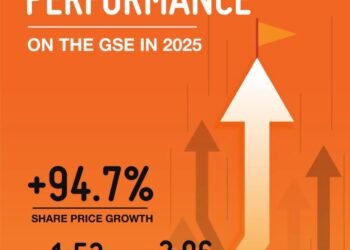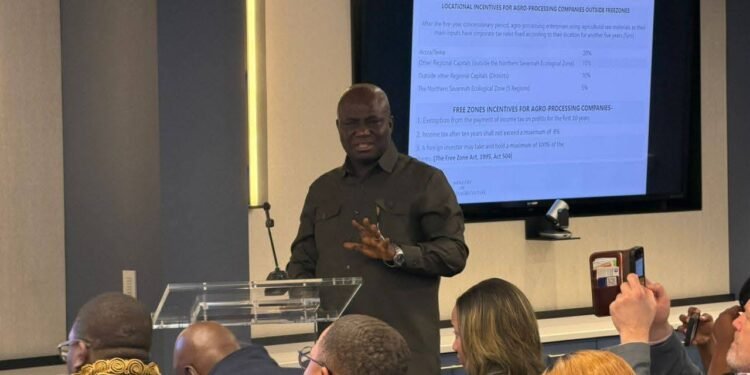The recent increase in transport fares by 13% effective June 5, 2021 has given a new twist in the debate about inflation in the country, despite recent data showing a gradual easing of inflationary pressures.
Currently, national year-on-year inflation stands at 7.5%, down from 8.5% in April 2021. Meanwhile, inflation has averaged 9.3% in the first five months of the year, slightly above the average of 9.06% in the corresponding period of 2020. Nevertheless, on the whole, the rate of increase of average prices of consumer goods have gone down below their pre-COVID levels.
However, within the past few months, there have been several developments that may likely impact inflation in the medium-term. Some of these include the increment in the minimum wage by 6% to GH¢12.53, the introduction of the new taxes and the rise in transport fares.
Drivers charging more than 13%
Nonetheless, the effect of the later on consumers is glaring. This is evidenced in the recent public outcry following the announcement of the increment in the fares. This is mainly because, drivers are charging fares higher than the legal 13% increment.
For instance, drivers are charging GH¢3.50 from Accra Mall to Sakumono Estate Junction instead of GH¢3.39 since the old fare was GH¢3.00. There are such instances in most parts of the country. This further intensified the usual misunderstanding between drivers and passengers anytime there’s a review of transport fares.
Earlier, transport operators were agitating for a higher percentage increment on the backdrop of the introduction of the new taxes and general economic conditions. However, their requests were not granted. This could be a reason why they decided to charge fares higher than the 13% increment.
The recent rise in transport fares will likely result in price hikes as aggrieved traders may be forced to vent their spleen on consumers by charging higher prices. Already, the Ghana Statistical Service (GSS) has warned that the rise in the contribution of transportation to overall inflation should be a major concern for all.
“…the rise in the contribution of transportation to overall inflation raises much concerns”.
Rising transport inflation
According to the GSS, Non-Food year-on-year inflation on average went down to 8.8% in May from 10.0% in April. However, Transport was the sub-class that recorded the biggest difference of 11.7% compared to the 12-month average of 7.6%. One of the drivers of the high Transport inflation, according to GSS, was the inflation of Diesel which was 37.7% year-on-year and 10.0% month-on-month. Another factor was Petrol which recorded 34.0% year-on-year and 8.0% month-on-month inflation rates.
“This relatively high Transport Inflation leads the Transport Division to contribute 16.5% to total inflation, the highest percentage since October 2019”.
Even though government engages driver unions before increasing the fares, there is the need to review the criteria for setting transport fares in the country. The current criteria of charging a percentage across board gives the drivers more room to charge their own fares.
Going forward, the country should look for a better way of setting transport fares that reflect the actual distance between any two locations. Charging transport fares based on kilometres travelled may be one area we must consider. This is because transportation is very crucial to the development of any country.
READ ALSO: Ghanaians Prefer Mobile Money to Other Digital Payment Platforms – Stanbic Bank research























